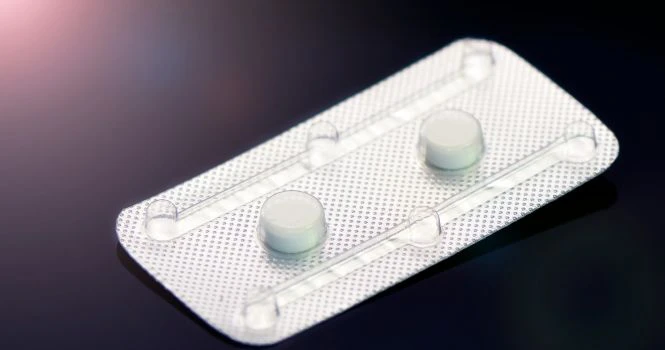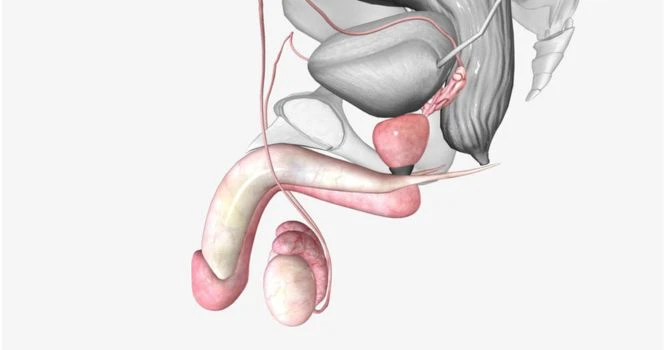Synonyms of Emergency Contraception pill:
- Post-coital contraception
- “The morning after” Pill
These are NOT abortion pills.
Unwanted Pregnancy can be prevented by taking 1 tablet containing 1.5 mg Levonorgestrel orally, within 72 hours;
Other Option is
Taking the first tablet of 0.75 mg Levonorgestrel within 72 hours of Unprotected Sex or earlier and the second tablet after 12 hours of the 1st Dose.
Because levonorgestrel is almost as effective at 3 to 5 days after intercourse, the World Health Organization recommends 1.5 mg of levonorgestrel as a single dose, given up to 120 hours after intercourse
How to take the iPill?
Pills can be taken with water or milk and have some snacks, as it would avoid nausea and vomiting.
What to do, if the woman vomits after taking the Pill?
If a woman takes the iPill and then she vomits due to any reason, then Repeat the Dose if it is within 2 hours.
If you’re sick and vomit within 2 hours of taking a progestogen-only pill,which is Levonorgestrel then it probably will not have been absorbed by your body. You should take another pill straight away. As long as you’re not sick again, you’re still protected against pregnancy.
Let’s see some facts:
- The probability of getting pregnant after a single act of unprotected vaginal intercourse is 8%; That too during the time of Ovulation.
- A normally fertile sexually active couple not using contraception has an average monthly chance of conceiving of 20-25% (counting on pregnancies that result in live births).
- The pills does not protect from STDs
Whenever a couple has unprotected sex, then they are exposed to the possibility of sexually transmitted diseases, unless both of them are tested and in a monogamous relationship. Just assuming that we are free of STDs wouldn’t help. It has to be tested.
You might be exposed to the following STDs. Few of them are
- Syphilis
- Gonorrhea
- Chlamydia
- Hepatitis
- HIV
- Trichomoniasis
- Warts
- Herpes
- HPV
Methods to Avoid Pregnancy
All hormonal oral contraceptive pills with varying doses can be used for Emergency contraception. Methods Employed are,
Gold Standard Method:
Inserting a copper containing IUD or intrauterine device, within 5 days. This is the Gold Standard Method.This prevents implantation. Failure rate is 0 to 0.1%
You would need to visit a healthcare facility for the Doctor to insert an IUD
Emergency Pill:
Most common method, also called Emergency Oral Contraceptive Pill.
The options of Pills which you get over the counter in India are;
- iPIll
- Unwanted 72
- Option 72
- Idoz 72
- Co-Pill
The options of Pills which you might get over the counter in USA are;
- Plan B One Step
- Julie Emergency contraceptive pill
- Take Action
- Option 2
Read : How to Avoid Pregnancy Naturally
Contents of the Emergency Contraception Pill
All these Pills contain Levonorgestrel 1.5 mg .
One Tablet should be taken within 72 hours of Unprotected Sex or earlier. The earlier the better. If taken within 72 hours, it is 85% effective and preferable to be taken within 12 to 24 hours.
The efficacy decreases as time passes.
The American College of Obstetricians and Gynecologists recommends a single dose of levonorgestrel 1.5 mg.
Remember, even after unprotected vaginal intercourse, not every woman will get Pregnant.
How does the “Morning after Pill” work?
After penetrative Vaginal sex, the semen, which contains sperms, is deposited in the vagina, and the sperms move towards the cervix and the cervical mucus filters them and only those with good morphology and motility enter the cervix;
From the cervix, they travel through the uterus, to reach the fallopian tube and if the egg is available, then Fertilization occurs and later Implantation on the wall of the uterus.
The precise mechanism of action of Emergency Contraceptive Pills or ECPs in an individual case depends on
- The time of the menstrual cycle when the intercourse has occurred and
- When the Pill is taken.
The Pill makes the conditions unfavorable for the ‘Sperm and Egg’ to meet.
ECPs interfere with
- Ovulation
- Fertilization
- Implantation
By preventing or delaying ovulation depending on the phase of the menstrual cycle of the woman.
The closer a woman is to ovulation at the time of unprotected intercourse, higher is the pregnancy risk and lower is the efficacy of the Pills.
What to expect after taking the Pill?
The Pill disturbs the menstrual cycle. You may experience spotting or slight bleeding 4 to 5 days after you take the pill, which is not a cause of concern. Some women have early onset of periods while some have late onset.
Important thing is the woman should have her periods on the expected date or within a week of her expected date.
If there is delay in menses by more than 1 week of the expected date then get a Pregnancy Test done.
Urine Pregnancy Test will be able to detect human chorionic gonadotropin or hcg, if present, only after 2 to 3 weeks, from the date of Unprotected Sex
Questions and answers on iPill
Does the iPill work if the woman in Pregnant?
Emergency contraceptive pills don’t work, when the woman is already Pregnant.
This pill does not induce abortion and is NOT an abortion pill.
What happens, If you take more Tablets than recommended?
Incase you are tense and worried and take more pills than advised, then remember
increasing the dose, would not increase effectiveness but may cause unnecessary side effects
You have taken the Pill but want to continue with the Pregnancy
Consult your doctor and these pills cause no harm to the fetus, if it fails to prevent pregnancy.
Consult your Doctor
- If you have had very light, in terms of color, menstruation – may be a sign of ectopic pregnancy, especially if it is accompanied by severe lower abdominal pain and it makes you dizzy.













